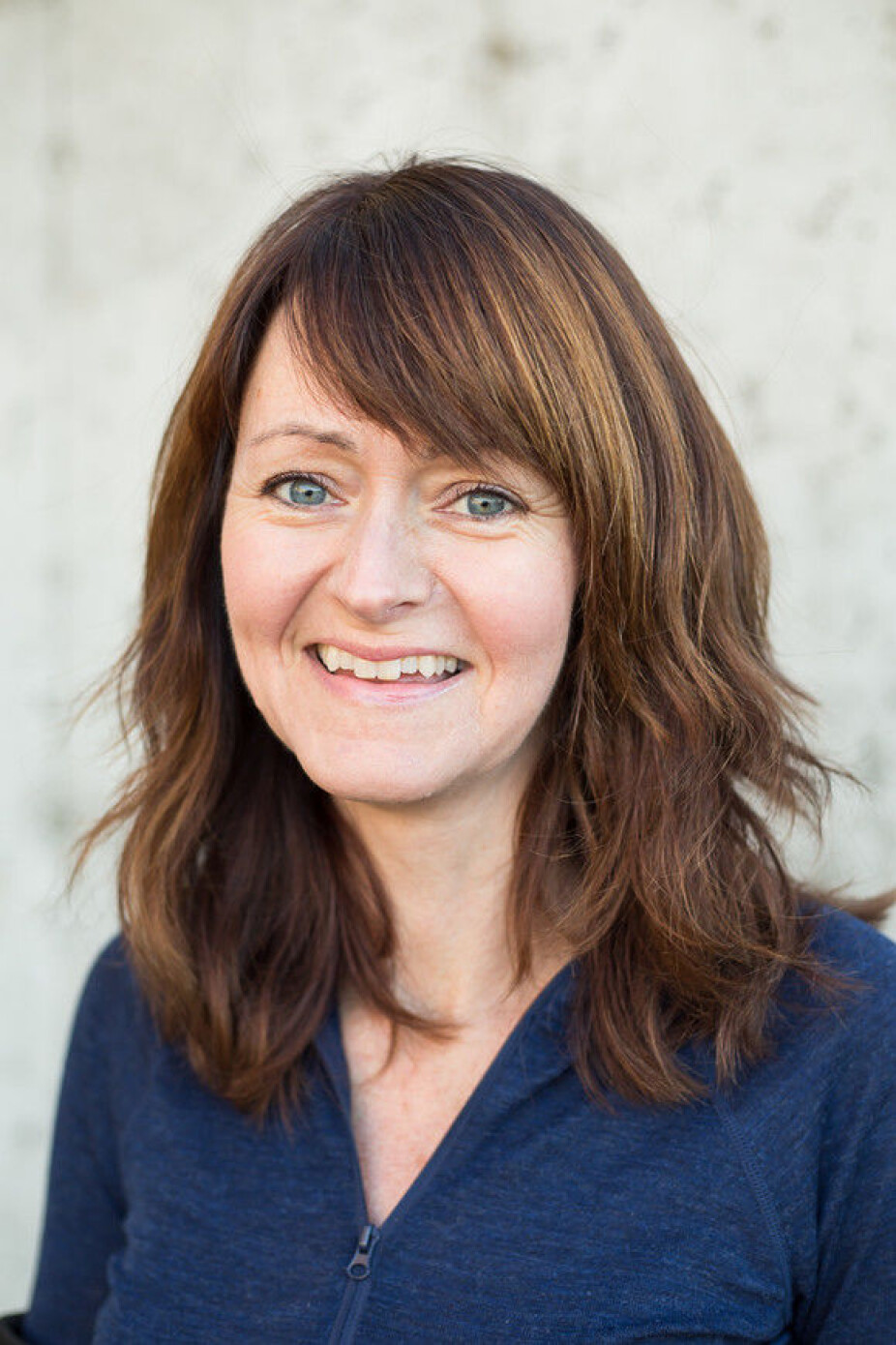This article is produced and financed by the University of Agder - read more

Intensive care unit nurses are reluctant to care for obese patients
"Intensive care unit (ICU) nurses regard obese patients as lazier and as bad people compared to those with a normal weight. The prejudices of society infect the nursing profession", says Nastasja Robstad.
The number of Norwegians with obesity has doubled over the last thirty years. Around 20 per cent of the population struggle with obesity, according to an extensive health study from HUNT - a longitudinal population health study in Norway.
"We receive more heavy patients in hospitals. That is physically demanding for ICU nurses, but it also affects their attitudes", says Nastasja Robstad, an ICU nurse herself.
Robstad recently defended for her doctoral degree at the University of Agder (UiA) on the attitude towards patients with obesity. ICU nurses are nurses who have completed a specialization within medical care to work with critically ill patients.
Robstad found that nurses have an implicit preference for slim people, and explicitly viewed obese persons as lazier and as bad people, with less willpower than those how are thin.
"The nurses sincerely wished to help all patients disregarding of their weight. However, many had negative attitudes towards the obese, and questioned whether such patients were entitled to the same treatment as patients with a normal weight", says Robstad.
Politically correct answers

Explicit attitudes are conscious. They can be expressed by words and are easy to report in a questionnaire. Implicit biases, on the other hand, are subconscious and may be harder to detect.
To detect these biases, the participants were asked to look at different word pair combinations. At the same time, their reaction time was measured in milliseconds. According to theory, it would take the participants less time to react to word pairs they implicitly associate with each other, than to words pairs that do not carry the same strong association.
"Especially with regards to a sensitive topic such as our attitudes to obese patients, there is a tendency to underreporting in explicit research studies to be politically correct. This is not possible in the implicit study", explains Robstad.
Physically demanding to care for obese people
Robstad also measured the behavioural intention of the nurses, meaning whether they wished to treat obese patients. This showed that their attitudes had no relation to whether they wanted to care for these patients or not, and it indicated that they had a clear wish to help them.
Still, the ICU nurses who participated in the study mentioned that it was so physically demanding to care for obese patients that they would rather not do it. They experienced it as emotionally draining to care for obese patients because of their vulnerability, their otherness, and because of the physical challenges compared to patients with an average weight.
"We did not observe the nurses, so we cannot fully conclude that they do treat obese patients differently. However, the fact that it is physically demanding to care for the obese must have practical consequences. Several studies show that obese patients are treated differently in the healthcare sector. General practitioners, for example, use less consultation time when obese patients are concerned", says Robstad.
Influenced by society
Robstad hopes that her dissertation will contribute to breaking the taboo around this topic among healthcare professionals. This is not about some individuals in the healthcare sector; this is a societal responsibility, in her opinion.
"This is such a complex and difficult topic, but we have to start somewhere. Maybe we should start with what is acceptable to say out loud. Healthcare professionals are influenced by society. If it is generally allowed to talk in a demeaning way about a group of people, then this attitude will follow us in our professional lives", she says.
She points out that several studies conclude that obese people are treated less favourably than those with an average weight in society. Moreover, there are no laws in Norway that prohibit discrimination based on weight.
"Your weight does not define you as a human being. It is just how much you weigh, not who you are", she adds.
Reference:
Natasja Robstad: Intensive care nurses’ attitudes and behavioural intentions toward obese intensive care patients. Doktorgradsavhandling ved Universitetet i Agder, 2020. (Available in AURA - Agder University Research Archive)

































